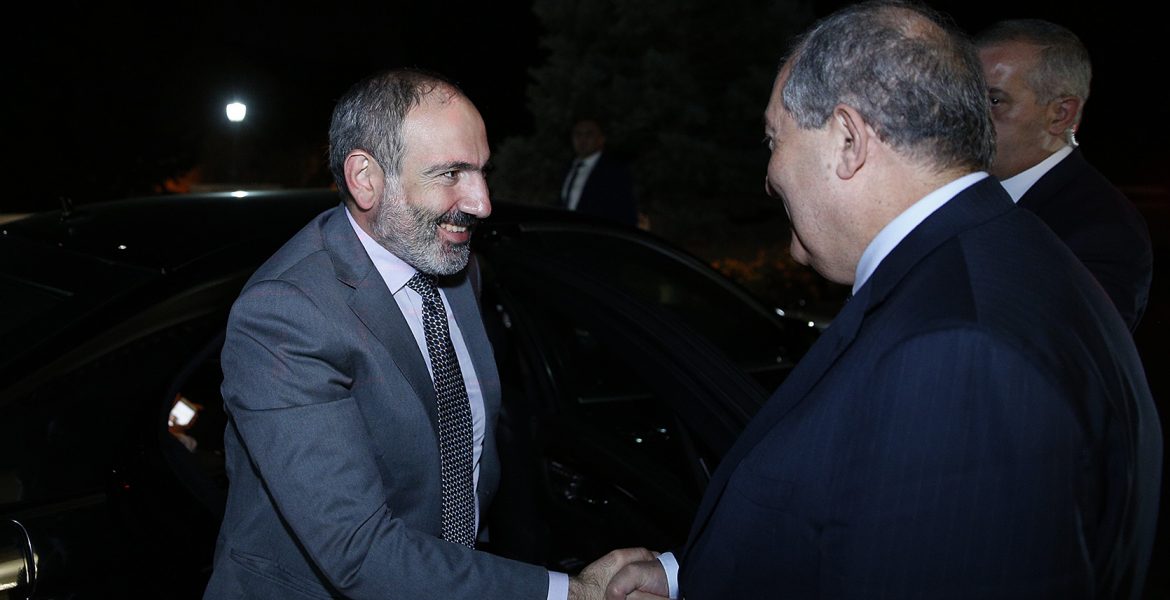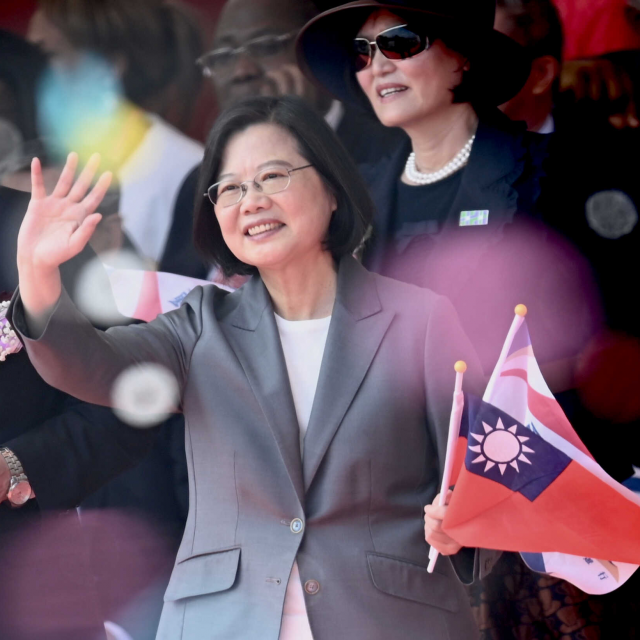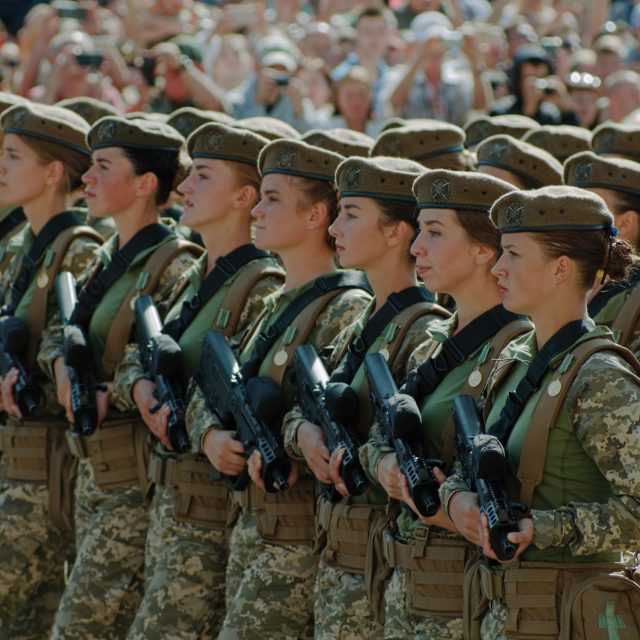In the history of warfare, from time immemorial, the leaders of the participating countries take responsibility for their deeds, whether this means exulting in victory and triumph, or falling on their swords in bitter defeat, writes Philippe Jeaune.
Such has been the case during the times of Alexander the Great, Tamerlane, Bonaparte and even Stalin.
Not, however, in the case of the current conflict in Nagorno-Karabakh.
An analysis of all the activities of the political-military leadership of Armenia for 2018-2020 clearly indicates that Prime Minister Nikol Pashinyan, together with President Armen Sargsyan, have actively prepared for this war with Azerbaijan.
Azerbaijani diplomats and President Ilham Aliyev himself have repeatedly warned the global community about the situation, but apparently their warnings fell on deaf ears.
However the conflict that began in the early hours of September 27th with an Armenian artillery barrages has not gone well for Pashinyan. Within hours of the outbreak of hostilities, Azerbaijani forces recaptured territories that had been occupied by Armenian troops.
Pashinyan appears to have gone on the defensive, with his rhetoric focussing on protection of his, and Sargsyan’s, political futures. Are these the leaders that the Armenian people need at a time when their army is being decimated and the casualty list tragically grows longer with each passing day?
Armenians may think that their prime minister is to blame, but they do not understand that when the head of state does not take responsibility for the shameful loss on the battlefield, then the defence minister, officer and soldier will certainly not take this responsibility. Such irresponsibility is inexcusable at any time, but least of all during a war which the leaders themselves have brought upon their country and their people.
Pashinyan is currently telling his people that Azerbaijan is waging a war not for the liberation of its ancestral lands, but against the Armenian people themselves, thus transferring responsibility for his own mistakes to the Armenian people and creating a myth about a patriotic war.
This is the same Azerbaijan which, whilst not relinquishing its internationally recognised territorial ownership of Nagorno-Karabakh, has allowed a sizeable Armenian population to live unmolested and in peace in the disputed territory.
Armenians may regret that they entrusted their fate to a prime minister who in order to justify himself before his people, aims at civilians of Azerbaijani cities far from the front-line zone in an attempt to provoke the leadership of Azerbaijan to retaliate. He appears indifferent to the fate of the peaceful citizens of Armenia, who may suffer.
“The position of Azerbaijan and its supreme commander-in-chief on this issue is quite clear, and we will not fight against peaceful people and this is our credo, unlike the vile leadership of Armenia,” a Brussels-based Azerbaijani diplomat told EU Political Report.
The likely outcome of the current conflict appears on current form to point to a victory for the Azerbaijani army on the battlefield, and for the country’s leadership and diplomacy on the international stage.
If this does happen, it will not be the first time that it may end this way for the Armenians, whose leadership has taken them into an un-winnable war, and one that will likely have the effect of further destabilising what is an already fraught region. Previous military adventures in Nagorno-Karabakh have always ended in military defeat for them.
But in the interests of minimising the toll of human casualties and bringing back an opportunity for peace and stability, let us hope that this war ends quickly.
The Author, Philippe Jeaune, is a Brussels based free lance journalist and regular contributor to EU Political Report. (The views expressed in this article are the views of the author, and do not represent the editorial views of EU Political Report).




